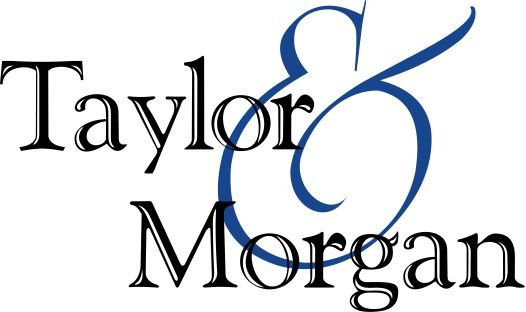SBA COMPLIANT VALUATIONS
Per the SBA Standard Operating Procedures, a valuation may be required for a 7(a) loan under the following situations:
i. If the amount being financed (including any 7(a), 504, seller, or other financing) minus the appraised value of real estate and/or equipment being financed is $250,000 or less, the lender may perform its own valuation of the business being sold, unless the lender’s internal policies and procedures require an independent business appraisal from a qualified source.
ii. If the amount being financed (including any 7(a), 504, seller, or other financing) minus the appraised value of real estate and/or equipment is greater than $250,000 or if there is a close relationship between the buyer and seller (for example, transactions between family members or business partners), the lender must obtain an independent business appraisal from a qualified source.
Normalizing Adjustments
An important step in determining the value of a company is to determine the normalized or adjusted EBITDA of the subject company. EBITDA is a commonly utilized acronym: Earnings Before Interest, Taxes, Depreciation, and Amortization. Net income is a number that can be manipulated by a business owner for a variety of reasons. The following discretionary, non-recurring, or personal expenses are common items that adjustments are necessary:
1
Officer Compensation
A business owner has the ability to control their own pay. In calculating adjusted EBITDA, we add back officer compensation and make an adjustment to the market rates for the services being provided by the owner. If the owner was paying too much in officer compensation, the net income would appear understated. Conversely, if the owner was paying too little in officer compensation, the net income would appear overstated. It is important concept to understand that as a buyer, one is not acquiring a job.
2
Rent Expense
If the business owner or a related party (family member or company owned by a relative) owns the real estate, rent may need to be adjusted to the market rate for the real estate. Similar to officer compensation, related-party rent may be above or below the market rates for a variety of reasons. Additionally, if rent is paid to a third party but is not assignable or transferrable and will be adjusted at closing, a rental adjustment to the future agreed upon rent expense may be necessary. Additionally, if the company pays rent to a related party and pays real estate related expenses like insurance, maintenance, etc. these items may need to be added back as well.
3
Family Member Wages
Similar to officer compensation, owners of a business may pay their family members that are not active in the operations or may pay active family members above market rates for their services. This is a common practice in small to medium size businesses. A new owner would not be required to pay the excessive salary.
4
Non-Operating Personal Expenses
Some business owners will run personal expenses through the operations. This is done as a way to minimize their tax bill. These personal expenses are items that a potential buyer could eliminate or benefit from themselves. These expenses typically include personal vehicles, travel (family vacations), entertainment, club memberships, etc.
5
Professional Fees
When selling a company, the business owner may undergo additional legal & professional fees relating to the sale. These are considered non-recurring to the ordinary operations of the company and should be added back. Additionally, expenses related to one-time lawsuits should be removed as well. It is quite common for valuation analyst to normalize the professional fees to the historical average of the company in years without any lawsuits.
6
One Time / Extraordinary / Non-Recurring
These events could include almost anything. From fires, tornados, building renovations, accounting practice changes, etc.

